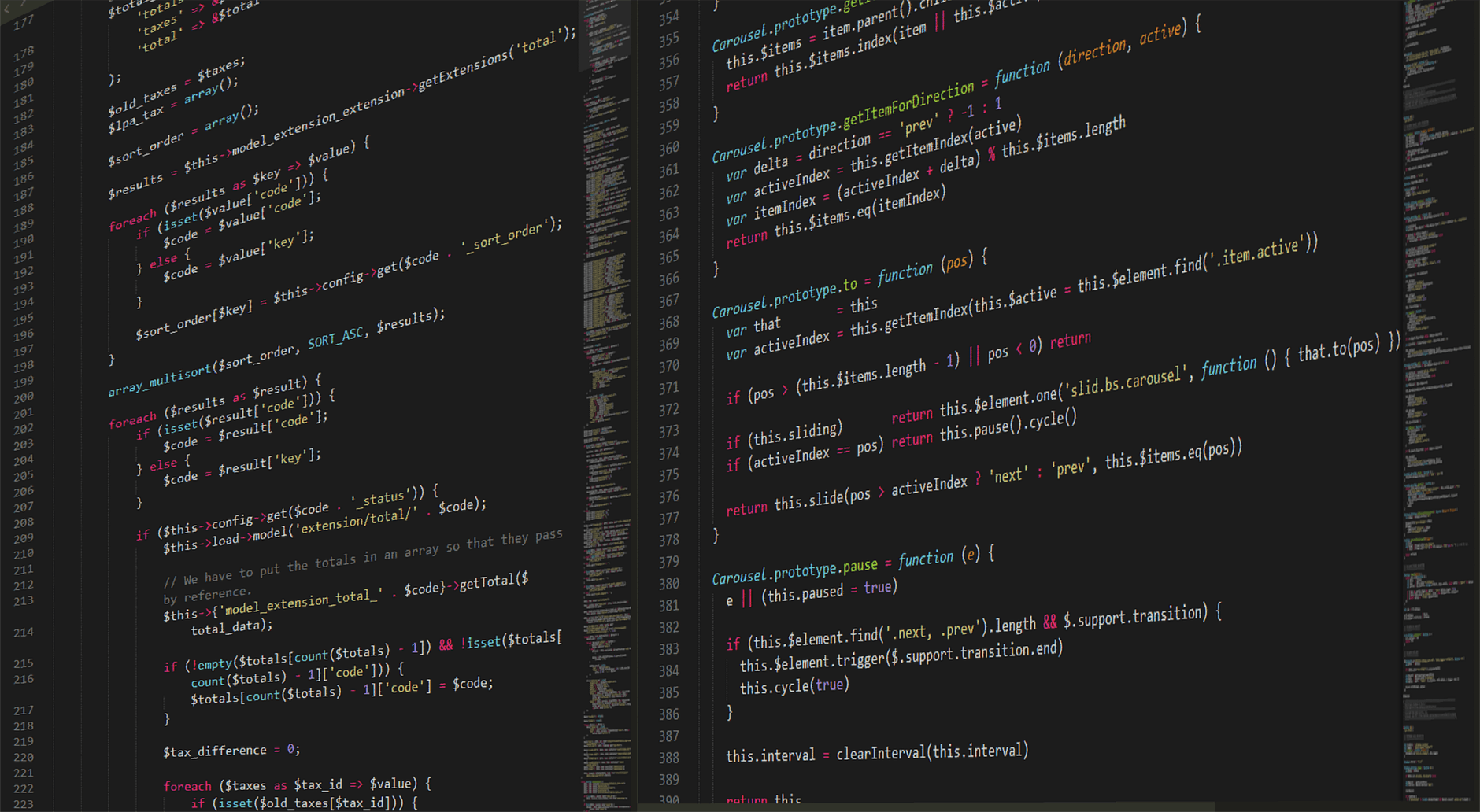Dawn of Data: Supercomputers and the Engineering Transformation
Big Data, Quantum Processing and Engineering. How can these work together? Find out.

Moore’s law said that processing power will double every 18 months to 2 years. Although this claim is some dozens years old, it's still true today and it's proving itself fairly close to our reality of past years.
Technology keeps on growing, and its processing power follows along. But the fundamentals are the same since we know computers as they are now. Only some very recent developments make us think about a new processing fundamentals paradigm and new abilites not foreseen some years back.
We are living the dawn of the Data era.
Everyone's talking about data analysis, data collection and big data. These are helping people, companies and general society achieve greater and better solutions to many of our most complex issues.

Yet, this is as true as the fact that, soon, processing power will not be able to keep up with the overwhelming amount of data and the huge amounts of calculations required by it. It'll become a constraint, seemingly overruling Moore's law predicitions.
Quantum computers, which use quantum superposition of particles to describe what binary codes' zeros and ones now explain, are surpassing more obstacles and achieving new milestones.
One of Google’s quantum computer reportedly solves a calculation that would take more than 10000 years in the fastest traditional supercomputer to solve in a record time of - take a guess? - 3 minutes and 20 seconds.
With developments of this kind, it’s easy to see that a maybe slower growth rate in processing power for the recent past will be contradicted with a vertical rise.
Aware of the might of this new computational capacity and its powerful per second calculations, we immediately wonder about its uses and purposes.
Cryptography, the current internet support security system, may be the first concern. But others like data processing and machine learning are also smart applications for these developments. Sciences,such as chemistry, medicine, pharma and astronomy, will also have gained a great tool. How about engineering?
The greatest ally to supercomputers? Data. Data collection is the first step towards exploring the endless potential of these machines. All designs by engineers need to stay interconnected and transmit data about its use and functioning. Storage and analysis is the goal. But there are questions like, why do we need to extrat this data and what's the value in its analysis?
For the engineering work there's a rysk of replication to a lot of uses and users but, at the same time, there's a personalized work that needs to be done for each client. Take notice. A big part of engineering is connecting desires and needs with technical fundamentals. But if all needs are recorded and related to reality, a computer can easily perfom that connection.
Why then are engineers working on things already analyzed by their peers and huge amounts of data being stored about it? The bridge that supercomputers can ply between the client's desires and the technical requirements can defeat the engineer's purpose as part of the process.
A supercomputer can analyze hundreds, thousands or millions of logistic layouts in order, filtered with the client requirements, and build the most efficient and functional solution. To make this possible, it will need its raw material and that is data gathering, the main focus for the next years.

Cameras and satellites already collect information about macro engineering skills like urban development, traffic, communication pathways and infrastructures. This info partnered with supercomputers will breakout a new era for engineering optimization, with a potencially billionaire positive impact in the economy, along with a huge improvement of our work towards society.
Same goes for smaller, micro level like supply chains or fire security, for example. If all the data about all fires on buildings was gathered and analyzed by supercomputers, for sure they'd also be able to state what's the best fire safety design considering the data and client's demands.
Supercomputers allied with the new quantum tech, now showing its first steps, will definitely boost the way engineering work positively impact society and economy.
Still a long way to go. Personalized work will see many optimization improvements but a lot of data will be required for that. Supercomputers are far from commercialization and the amount of existing data today is not yet enough to be used as an efficient raw material.
In the next upcoming years, we will see more developments, but it will still not be in a near future that we'll use this tech in engineering on a regular basis.


